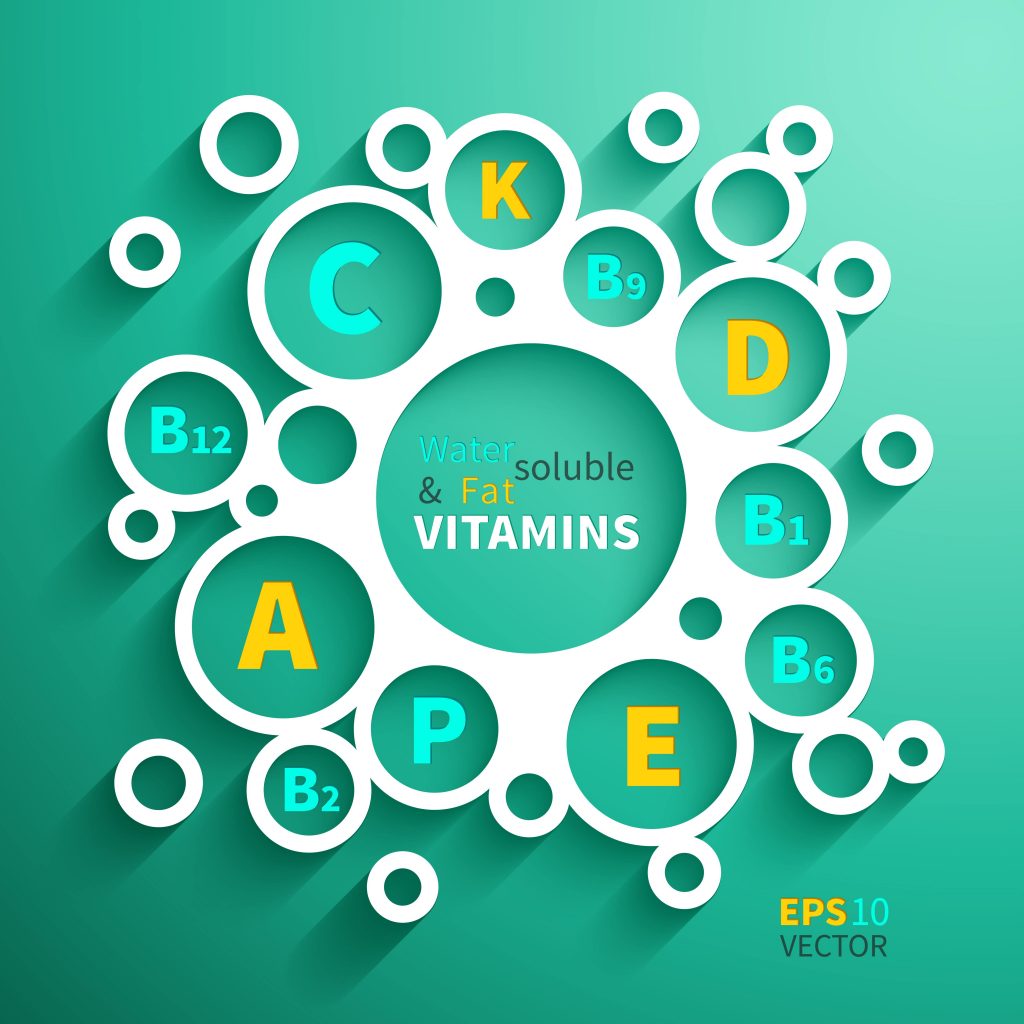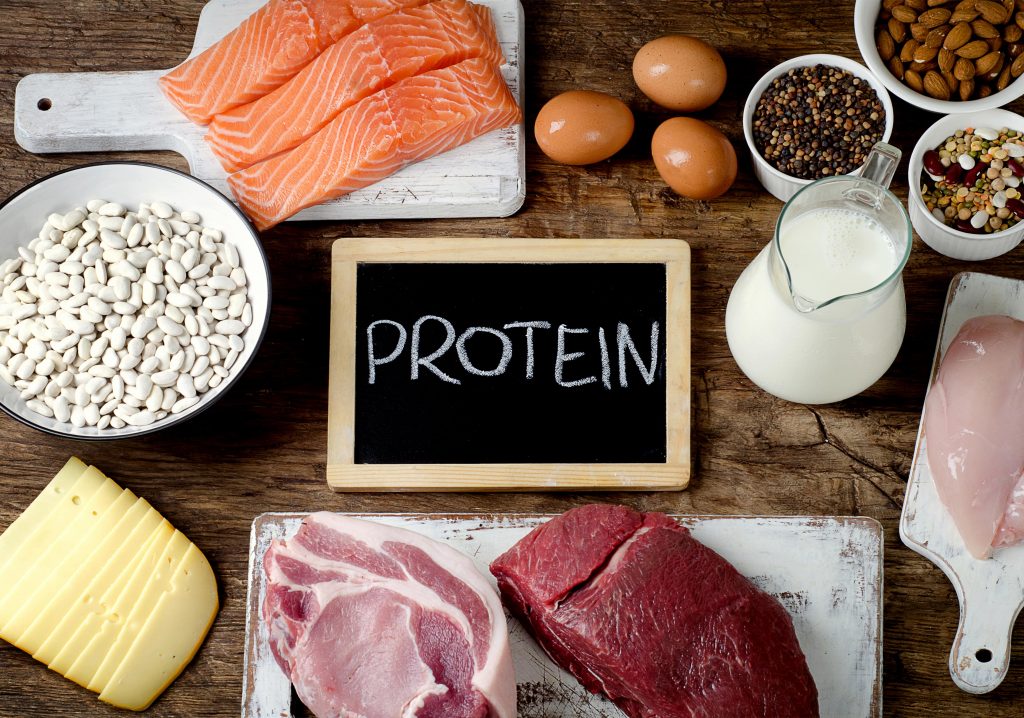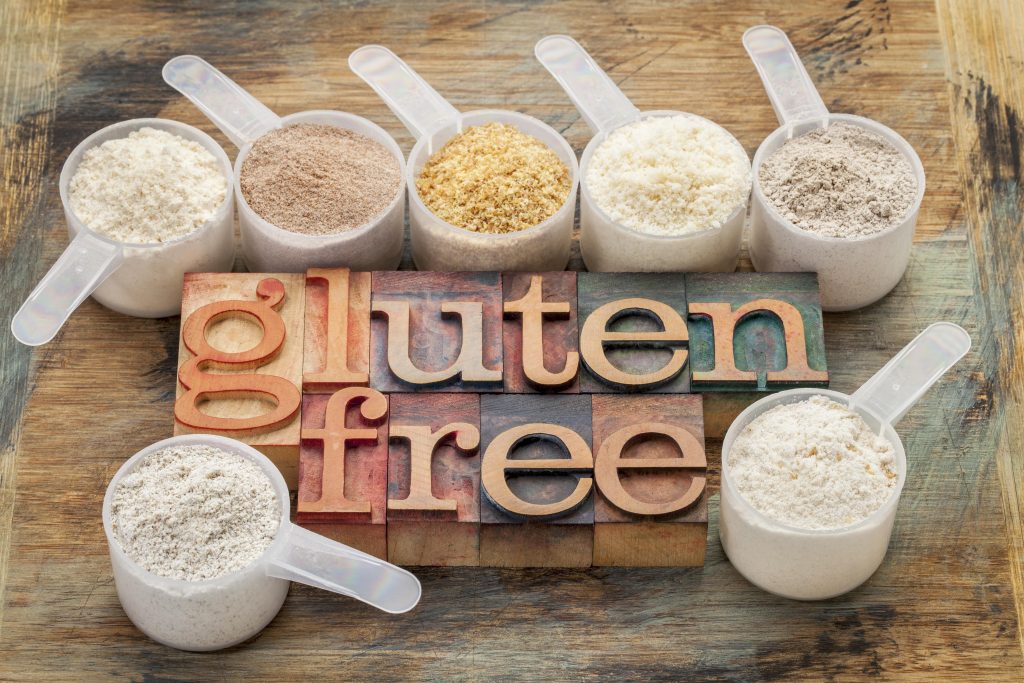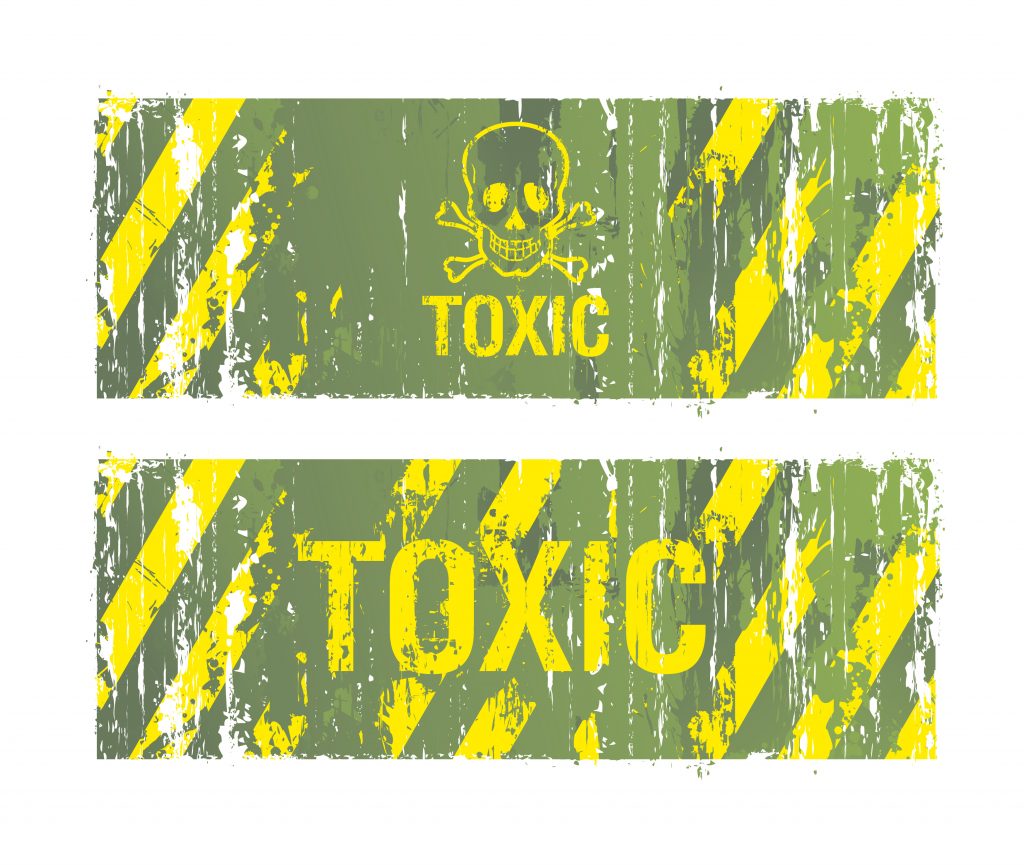Are you suffering from fibromyalgia pain? It is estimated that fibromyalgia affects 3-6% of the world population with women in the childbearing years being the most affected. Fibromyalgia can make it more difficult to get pregnant and it can create some problems during pregnancy.
Ideally, you would want to get to the root cause of fibromyalgia before becoming pregnant. Fibromyalgia can be caused by;
- Hypothyroidism
- Autoimmune
- Allergic disorders
- Poor gut health
- Infections
- Nutrient deficiencies
- Toxicity (heavy metals, chemicals, pesticides, mold, etc)
- Trauma

Hypothyroidism And Fibromyalgia
Hypothyroidism is very common in people with fibromyalgia. Coincidentally or not, fibromyalgia increased when changes were made in the diagnosis of hypothyroidism. Before 1970, low thyroid function was a clinical diagnosis, based on symptoms. However, now it is based on a single blood test, TSH (thyroid stimulating hormone). The problem is that one can have a normal TSH and be in a hypothyroid state.
Before pregnancy, insist on a full thyroid panel. Even if your TSH is normal. Look for any hypothyroid symptoms you may have such as;
- Fatigue
- Constipation
- Brittle nails
- Cold hands and feet
- Depression
- Dry skin
- Elevated cholesterol
- Hair loss
- Low blood pressure
- Menstrual irregularities
- Poor memory
- Irritability
- Muscle weakness
- Puffy eyes
- Inability to concentrate
Nutritional tests would also be a good idea. Catching these problems before pregnancy will improve your chances of getting pregnant and having a healthy pregnancy and baby.
But What If You Are Already Pregnant?
Well first, congratulations! Second, don’t panic, because there are some things you can try to help manage fibromyalgia during pregnancy. We want to support and focus on the root cause.

Nutritional Deficiencies
The first thing to do is ensure a healthy diet . Eat real food and cook as much as you can from scratch. Reduce or eliminate sugar and refined grains. Get leafy greens in every day. Whole eggs, nuts, red palm oil (excellent source of vitamin E), and liver (once a week). When pregnant, food is the safest route for nutrients.
Vitamins
You want to ensure adequate fat-soluble vitamins like A, D, E, and K. You need to eat animal foods to get vitamins A (liver is the best source for A) and D. The best source of vitamin D is the sun. So, get outside every day that you can without sunscreen for at least 20 minutes. Vitamin K is found in leafy greens and a form called K2 is found in natto, a fermented soy food, and full fat dairy foods. These nutrients support the thyroid and a healthy inflammatory response.
Water-soluble vitamins are important as well, particularly riboflavin (B2), B6, folate, and B12. Eating the leafy greens will provide plenty of folate, but B2, B6, and B12 are best from animal foods (B12 is only found in animal foods); just one reason liver is so good; it’s nature’s multivitamin.
Minerals
Minerals like zinc, selenium, magnesium, and iodine are likely to be deficient and they are critical for thyroid health and can help with fatigue.
- Animal foods will provide zinc, selenium, and iodine.
- Brazil nuts are also a good source of selenium, though they vary in content depending on the soil.
- Seafood and seaweed are rich in iodine, but care must be taken due to heavy metal contamination. A good way to get iodine is with Maine Coast organic kelp flakes.
- Avocados, nuts, seeds, and dark chocolate are good sources of magnesium as well as an Epsom salt bath.
One risk that does increase with fibromyalgia is intrauterine growth restriction where the baby doesn’t grow at the normal rate in the womb. Zinc deficiency may contribute to that risk so it’s important to ensure adequate zinc intake. Animal foods contain zinc in a form that is more absorbable. To increase zinc absorbability from plant foods, grains should be soaked, sour leavened, or fermented.
Legumes and nuts are also best soaked and then nuts can by dehydrated. The book Nourishing Traditions by Sally Fallon is an excellent resource for the proper preparation of plant foods.
Iron is another important mineral. You will most likely need a supplement while pregnant as iron is not absorbed well and the need for iron significantly increases during pregnancy. Again, animal sources like beef and liver are better absorbed than plant sources (dried fruits, nuts and seeds, legumes, spinach). To increase iron absorption, you can eat a vitamin C rich food (citrus fruits, bell peppers, strawberries, papaya, sweet potato) with the iron rich food.

Thyroid Health
Getting the fat-soluble vitamins, selenium, and iodine will go a long way to nourishing the thyroid gland. Managing stress is also important so include activities like yoga, meditation, or Tai Chi in your daily routine.
Cruciferous vegetables (broccoli, cauliflower, kale, cabbage, Brussels sprouts) provide a lot of nutrition and are also good sources of folate. But, if eaten raw, they can interfere with thyroid function so avoid more than one serving of raw cruciferous a day.
Eating the right fats and avoiding the wrong fats will support thyroid function. Good fats include;
- Coconut oil is an excellent fat to use along with butter
- Red palm oil
- Olive oil
- Avocado oil
Avoid fats such as oils from;
- Soy
- Corn
- Cottonseed
- Canola
- Grapeseed
These oils contain fats that promote inflammation in the body which can damage the thyroid gland.

Protein Intake
Protein intake is important to provide the amino acids tyrosine (a component of thyroid hormone) and tryptophan which supports healthy thyroid function and also helps with serotonin (the feel good neurotransmitter) production. Eggs, salmon, cheese and nuts are great for tryptophan. This is a difficult amino acid to get as it’s like the runt of essential amino acids and is absorbed last. Eating these foods with carbohydrate rich foods, like starchy vegetables, can improve the absorption of tryptophan.
Boosting glutathione, the master antioxidant in the body, can protect and heal thyroid tissue. Getting at least a half a gram of protein for every pound of body weight is a good start to boosting glutathione. Include glycine rich foods like gelatin and chicken broth.
If you use any protein powders, use grass fed whey protein (though I don’t recommend daily use of protein powders). Avocados and parsley are particularly rich in glutathione. N-acetyl-cysteine (NAC) is a supplement that can be taken to boost glutathione and is safe during pregnancy.
Alpha lipoic acid is another supplement that can boost glutathione and it also supports healthy nerve function and may support pain management. It, too, has been shown to be safe during pregnancy.

Go Gluten Free
This might be helpful if there is an underlying thyroid condition. Avoiding foods you are allergic to can help as well. Pay attention to how you feel when you eat foods to get a sense of whether or not they are supporting your health or hindering it. Cutting out gluten and other allergenic foods is critical if you have an autoimmune condition.
Gut Health
We are learning so much about our microbiome and how important it is to our health. It is important to get rid of allergenic foods when dealing with gut issues. A probiotic can help support a healthy microbiome and is safe to take during pregnancy. It can be found in fermented foods like yogurt, kefir, and sauerkraut. Eating sauerkraut with meals can aid digestion and is safer than taking an enzyme supplement since they haven’t been studied in pregnant women.
When looking for a probiotic, try to find one with multiple strains. Ginger is safe to take while pregnant if you experience nausea or digestive upset. Coconut oil, in addition to supporting the thyroid, can also support gut health. It is important to avoid GMOs and glyphosate as much as possible. So, use more organic foods. Gelatin and chicken broth are supportive for gut health as well as thyroid health.

Toxicity
If you have any kind of toxicity, there isn’t a whole lot you can do about it until after the baby is born. It is not advisable to detox while pregnant and if you do, it really needs to be done under the care of your physician.
What you can do is reduce exposure to toxins. Make sure you are not living with mold. Reduce your use of plastic (particularly plastic containers used for food and store receipts). Use the Seafood Watch app to find clean fish and seafood and the Healthy Living app to find clean personal care products.
Vaccines contain mercury and aluminum so you might want to discuss the appropriateness of vaccines for your condition with your doctor.
Practicing gratitude and eliminating negative emotions can also help reduce your toxic load.
Sleep
Fibromyalgia may make sleep difficult and being pregnant will just add to the problem. Try to get some early morning sun and have a regular schedule for going to bed and waking up. Ensuring that you get 7-9 hours of sleep every night. Use a body pillow for comfort and sleep in a dark room away from wifi devices; don’t sleep near your cell phone.
Click here to read, “Top 10 Tricks For Getting The Best Sleep Ever!”
Adding gelatin and chicken broth to your diet can aid sleep, too. The amino acid, glycine, supports healthy sleep. Melatonin as a supplement could be useful and may reduce the risk of intrauterine growth restriction, but it has not been studied thoroughly in pregnant women. So, consult with your doctor before taking it.
Taking a warm bath in Epsom salts with essential oils of lavender, eucalyptus, and sandalwood can relax you before bed and make it easier to fall asleep. These oils are safe during pregnancy.

Pain
Managing pain can be more difficult while pregnant. Engaging in yoga or Tai Chi type exercises can help along with some aerobic exercise and weight training. You only need about 20 minutes of exercise; you don’t want to overdo it.
Alpha lipoic acid supplements, as discussed earlier, can be helpful as well as the homeopathic remedy Rhus Toxicodendron (6C dose). These are both safe for pregnancy. Mind-body work might be something to try for pain management while pregnant as well.
Having fibromyalgia while pregnant may or may not pose any additional risks. You could actually feel better, or you could experience more pain. Eating real food, making a few lifestyle changes, and taking the right supplements can go a long way to helping you manage symptoms safely while pregnant.
Annette Presley RD, LD, is a functional nutritionist, author, speaker, and entrepreneur. She enjoys helping people live their lives well so they can stay out of hospitals and spend more time with their families and doing the things they love.





